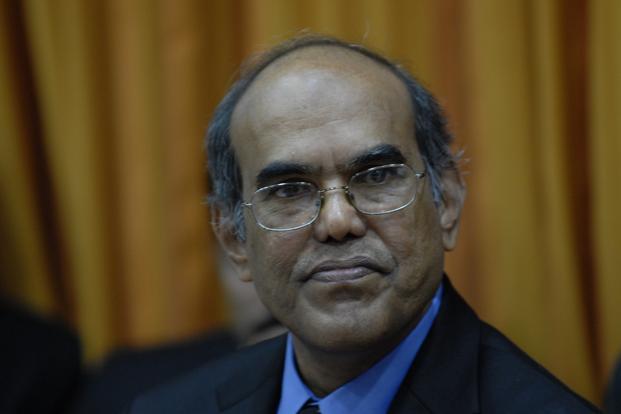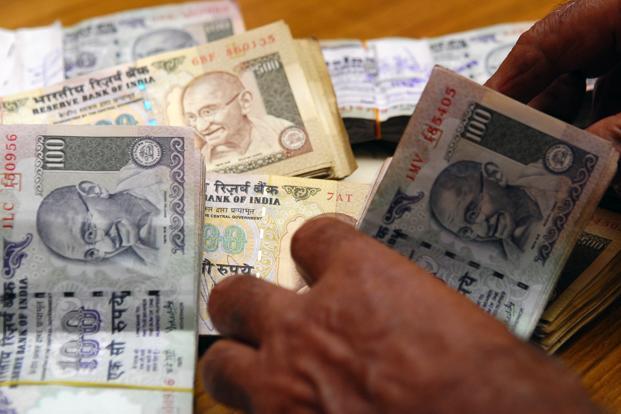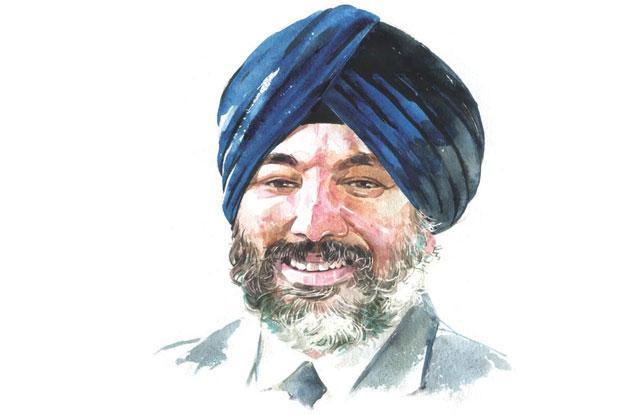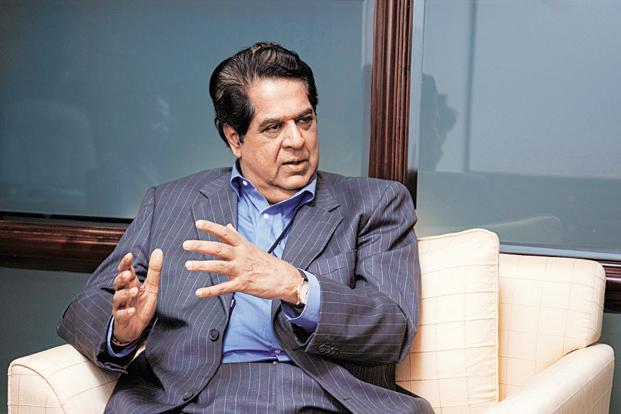On Wednesday, India’s benchmark stock indices rose to their highest levels since January 2011 and government bond prices rose and yields dropped to their lowest in more than three years. The main trigger was the Reserve Bank of India (RBI) governor’s statement the he would consider softening inflation while deciding on policy action on 17 June, when the central bank is due to announce its mid-quarterly policy for fiscal 2014.
Did governor D. Subbarao actually say so? Yes, he did, and much more. A Frankfurt-datelined Press Trust of India (PTI) report on 15 May says, “Reserve Bank of India has said it would take into account falling inflation while deciding on policy initiative in its review next month.”
The next paragraph of the report quoted Subbarao, saying at an event in Frankfurt the previous day, “We certainly will take note of the softening of inflation and the external payments situation in the next mid-quarter policy statement on 17 June.” A Bloomberg report too highlighted the inflation part in the beginning and later said he would take note of both while forming the policy in June.
In other words, Subbarao made a general statement that he would take into consideration both the fall in inflation as well as trade but the media—both newspapers and websites—as well as the market chose to listen to only one part of his statement.
While wholesale-price inflation dropped to 4.89% in April, a 41-month low, the trade deficit in April widened to $17.5 billion from $14 billion a year ago, primarily on account of a 138% rise in gold imports. Subbarao had made a vanilla comment that he would take into account both inflation and external payments situation, which is normal for any central bank to do.
Rajeev Malik , senior economist, CLSA Singapore, in his note on Thursday, said some selective comments had been attributed to the RBI governor following the better-than-expected wholesale inflation. “Frankly, given that RBI looks at all data in the run-up to its policy, there is nothing new in the governor’s comment, unless it is made to sing in a particular way. It is a neutral comment. To be sure, it doesn’t favour the typical conclusion that the governor indicated willingness to cut rates,” he said.
Apart from being selective in highlighting what they want to, many reporters—particularly in news agencies—also suffer from the fastest-finger-first syndrome in a quest to beat the competition in breaking news. Sometime back, a few agency reporters rushed to file the first take on RBI governor constituting a committee to look into banks’ demand for cutting CRR (cash reserve ratio) while Subbarao was cracking a joke.
He said he was considering setting up a two-member committee6—comprising RBI deputy governor K.C. Chakrabarty and State Bank of India chairman Pratip Chaudhuri. He had said the two members would be locked in a room till they come to a conclusion and the report would be out only after he steps down as RBI governor. The reporters did not have the patience to hear him out till the end. The context of his joke was an aggressive exchange of views in public by Chakrabarty and Chaudhri on the efficacy of CRR.
While this is the fastest-finger-first syndrome, selective picking of comments reminds one of the Dronacharya killing episode in the Kurukshetra war in Mahabharata. On the 15th day of the war, when Dronacharya, the commander of the Kauravas, was emerging invincible, spreading fear and destruction in the Pandava army by his relentless attacks, Krishna hatched a plan to kill him.
Bhima killed an elephant called Aswatthama and when Dronacharya asked Yudhishthira, the eldest of the Pandavas, known for his truthfulness, whether Aswatthama had been killed, Yudhishthira said indeed Aswatthama had been killed; it could be Aswatthama the elephant or the human being, but the din and bustle of the battleground drowned the second part of Yudhishthira’s reply.
Dronacharya heard only the first part and that made him drop his weapons and the Pandavas killed him. The din and bustle of the markets often drown some parts of statements made by regulators and policymakers and it chooses to listen to what it wants to listen to.



